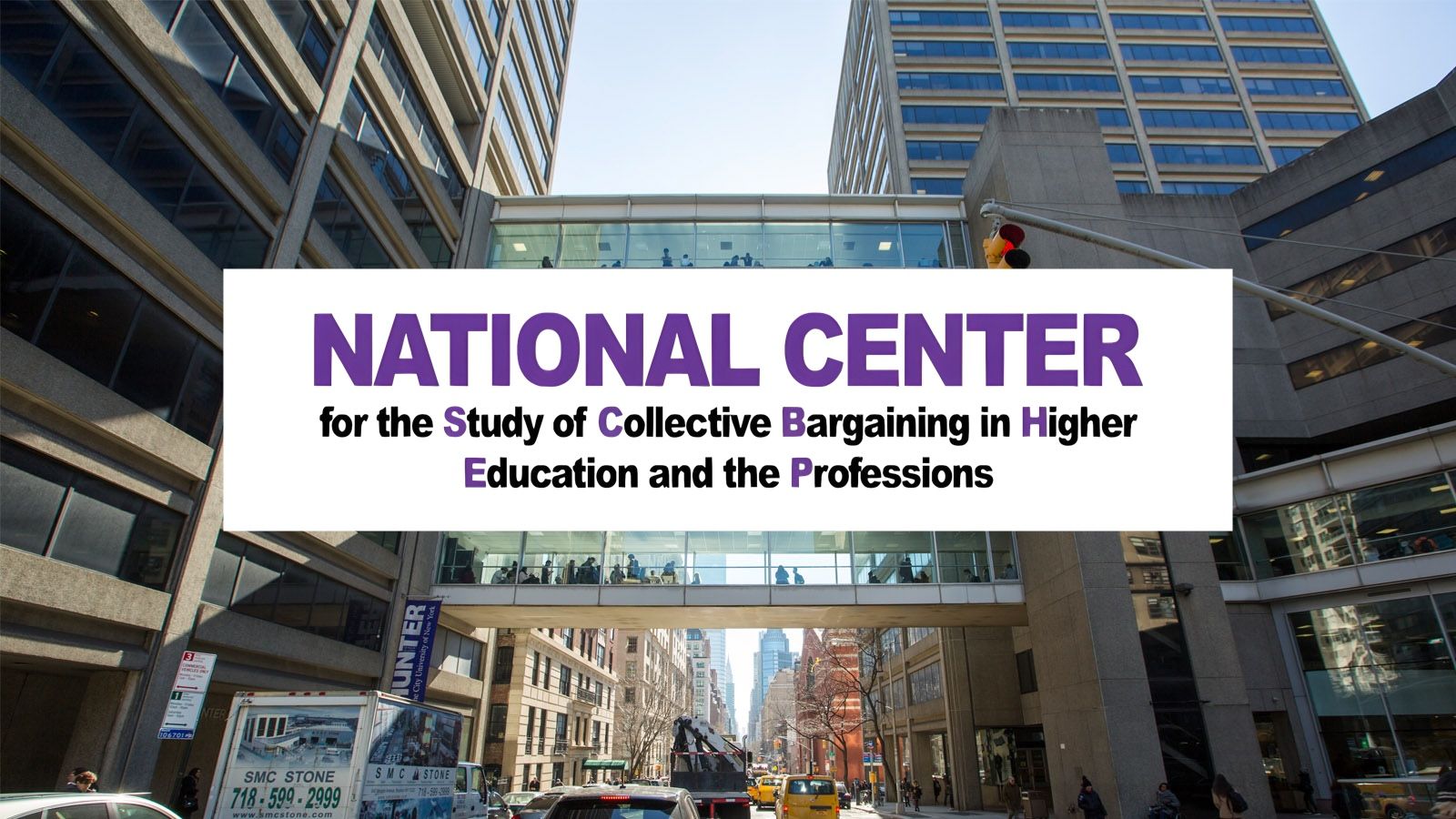Massachusetts DRIVE Initiative: State Funding for Higher Education Research with Quentin Palfrey, Massachusetts Director of Federal Funds and Infrastructure, Office of Governor Maura Healey, Max Page, President, Massachusetts Teachers Association, Viviann Anguiano, Managing Director, Higher Education Policy, Center for American Progress, and Frederick G. Floss, Professor, and Co-Director, Center for Economic Education, Buffalo State University, Moderator.
Litigation Update in Defense of Democracy (CLE) with David D. Cole, Professor in Law and Public Policy, Georgetown Law School and former ACLU National Legal Director, Will Creeley, Legal Director, FIRE (the Foundation for Individual Rights and Expression), Alex Abdo, Litigation Director, Knight First Amendment Institute at Columbia University, and Rabia Muqaddam, Chief Counsel for Federal Initiatives, Office of the New York State Attorney, Moderator.
Litigation Landscape Affecting Higher Education and Administrative Remedies in Defense of Federal Research Funding (CLE) with Amanda Fuchs Miller, President, Seventh Street Strategies, Rachel Homer, Director of Democracy 2025 & Senior Attorney, Democracy Forward, Adelaide Pagano, Assistant Attorney General, Consumer Protection Division, Office of Massachusetts Attorney General, and Jessica Alvarez, General Counsel, Hunter College, CUNY, Moderator.
Discrimination Issues on a Unionized Campus with Katherine H. Hansen, Partner, Gladstein, Reif & Meginniss, Steven J. Porzio, Partner, Skadden, Arps, Slate, Meagher & Flom LLP, Shannon Buffum, Senior Associate General Counsel, Cornell University, Courtney Bither, Servicing Representative, UAW Region 9A, and Ana Avendano, Visiting Assistant Professor of Law, CUNY School of Law, Moderator.
Community College Perspectives on AI Policy and Codified Teaching Practice: Faculty and Administrator Views, Liability Implications, and Impacts at the Bargaining Table with Andre’ L. Poplar, Vice Chancellor for Human Resources, Oakland Community College, Cameron Redden, Chief Administrative Officer of the Brunswick University Center, Cuyahoga Community College, Deborah H. Williams, Professor, Johnson County Community College, Former JCCC Faculty Association President and Lead Negotiator, Eric Rader, Higher Ed Policy and Program Council and AI Task Force, AFT, President, Henry Ford Community College AFT, and Martin Balinsky, Professor Tallahassee State College, President, United Faculty of Florida-Tallahassee State College, Moderator.
Bargaining over AI at 4-year Institutions with Thomas H. Riley, Jr., Executive Director of Labor and Special Counsel, University of Illinois System, Meredith Kahn, Librarian, University of Michigan, Jocelyn Krause, Director, Collective Bargaining, Journalism Department, Writers Guild of America East, Alex Bernstein, University Executive Director of Instructional Staff Labor Relations, CUNY Office of Labor Relations, and Arthur Pearlstein, Arbitrator and Mediator, Moderator.
When Democracy and Equity Collide: Responses to Promote Institutional Learning with Elizabethada Wright, Professor, University of Minnesota Duluth, and Contract Administrator, UEA, Josué Arredondo, adjunct Professor, Southwestern College/San Diego Miramar College, Michael Buchler, Professor, Florida State University and co-chief negotiator, United Faculty of Florida–FSU, Geoffery Johnson, adjunct Professor, San Diego Mesa/Southwestern Colleges and President, AFT National Adjunct Contingent Caucus, John L. Hoffman, President, Bemidji State University, Commentator, and Christina Gallup, Associate Professor, University of Minnesota Duluth, Moderator.
Best Practices in Establishing or Opposing Past Practices in Labor Arbitration with Shinika Hunter, Labor Relations Specialist, NYSUT, Kevin Pollitt, NYSUT Regional Director, John Gross, Guercio and Guercio LLP, Christopher Mestecky, Guercio and Guercio LLP, and Katie Rosen, Arbitrator and Mediator, Moderator.
Creative Responses to Persistent Inequities of Contingent Labor in Community Colleges with Christine Mangino, President, Queensborough Community College, CUNY, Jennifer Shanoski, Faculty, Merritt College, Wendy Brill-Wynkoop, Past President, Faculty Association of the California Community Colleges, Colena Sesanker, Chair, Faculty Advisory Committee, Board of Regents for Higher Education, Connecticut State Community Colleges, and Robin G. Isserles, Faculty, BMCC, CUNY, Discussant and Moderator.
Florida-Fighting to Defend Collective Bargaining and Democracy in a Red State with Adam Bellotti, Bredhoff & Kaiser P.L.L.C., Allison Clarke, Service Unit Director, United Faculty of Florida, Alex Ledgerwood, Service Unit Director, United Faculty of Florida, and Adela Ghadimi, Executive Director, United Faculty of Florida, Moderator.
Union Leaders of Color Transforming Higher Education and Centering Democracy with María del Mar Rosa Rodríguez, Professor, Universidad de Puerto Rico, President, Asociación Puertorriqueña de Profesores Universitarios (APPU), Charles Toombs, Professor, San Diego State University, Immediate Past President, CFA, Michelle Ramos Pellicia, Professor, California State University, San Marcos, VP, CFA, Tracey Salisbury, Associate Professor, California State University, Bakersfield, Associate VP, South, CFA, and Margarita Berta-Avila, Professor, Sacramento State University, President, CFA, Moderator.
The Crisis of Collegiate Black Male Athlete Identity: Education, Work, and Democracy with Pops Mensah-Bonsu, President of NBA G League Operations, New York Knicks; President of SEED Academy Ghana, Rob Knox, Award-Winning Communications Leader; SI HBCU Legend; NCAA Champion of Diversity Honoree, Rolando Shannon, Doctoral Candidate, Tennessee State University, Interim Assistant Athletic Director of Student Development, and Ajah Hawley-Alexander, Clinical Lecturer, Iona University, Doctoral Candidate, University of Southern Mississippi, Moderator.
Key Labor Issues Involving Nursing with Claire Tuck, Director, Legal Department, New York State Nurses Association, Jonathan Wangel, Senior Assistant Vice President/Deputy Counsel, NYC Health + Hospitals, Sophia Alonso, Assistant Vice President, Labor Relations, Montefiore Medical Center, Amy Lee Pacholk, Critical Care Nurse, SUNY Stony Brook, Executive Board, PEF, and Ann Marie Mauro, Dean and Professor, Hunter-Bellevue School of Nursing, Hunter College, CUNY, Moderator.
Just Cause: Practical Issues in Pursuing and Defending Disciplinary Allegations with Dana E. Lossia, Levy Ratner, P.C., Nicholas L. Collins, ArentFox Schiff LLP, Chris Meade, Senior Director, Employee and Labor Relations, University of Oregon, and Patrick McDermott, Arbitrator and Professor/Chair, Management and Legal Studies, Franklin P. Perdue School of Business, Salisbury University, Moderator.
Turnover the Other Cheek: Challenges of Collective Bargaining for Graduate Assistants with Cassandra “Cassie” Urbenz, President, Graduate Assistants United and NEA Graduate Committee, University of Florida, Tessa Barber, President, Graduate Assistants United, NEA Graduate Committee, University of South Florida and VP, United Faculty of Florida, GAU Bargaining Council, Michael Eagen, Vice Provost, Academic Human Resources, University of Massachusetts, Amherst, Joshua D. Nadreau, Fisher & Phillips LLP, and Rebecca S. Natow, Associate Professor, Educational Leadership and Policy, Hofstra University, Moderator.
Creating Shop Culture in Higher Ed Unions with Sunshine Alvarez de Silva, M.A. Student, University of Vermont-Graduate Student Union-UAW 2322, Sara V. Speller, PhD Candidate, Harvard University, Graduate Student Union-UAW 5118, Lily Luo, PhD Candidate, University of Connecticut, Graduate Employees Union-UAW 6950, and Matthew M. Bodah, Labor Arbitrator & Mediator and Professor Emeritus, University of Rhode Island, Moderator.
Retrenchment and Layoff Procedures: Negotiating and Arbitrating with Peter A. Jones, Bond, Schoeneck & King PLLC, David Kinsella, PSU-AAUP Vice President for Collective Bargaining and Professor of Political Science, Portland State University, Gary Rhoades, Professor and Director, Center for the Study of Higher Education, University of Arizona, and Adrienne Lu, Senior Reporter, The Chronicle of Higher Education, Moderator.
Staff Bargaining Issues in Higher Education with Roberta Elins, Immediate Past President, United College Employees/AFT Local 3457, FIT, SUNY, Ashley C. Pope, General Counsel, Suffolk County Community College, Christine O’Connell, President, Union of Rutgers Administrators-AFT Local #1766, Dominick Fanelli, Director, Labor Relations, Staff Human Resources, University of Michigan, and William Conley, Director of Conciliation, New York State Public Employment Relations Board, Moderator.
Annual Legal Update (CLE) with Damien DiGiovanni, Morgan, Brown & Joy, LLP, Amy L. Rosenberger, Willig, Williams & Davidson, Aaron Nisenson, Senior Legal Counsel, AAUP, Brian Selchick, Cullen and Dykman LLP, and Ayanna T. Blake, Director Labor Relations, Weill Cornell Medicine, Moderator.


